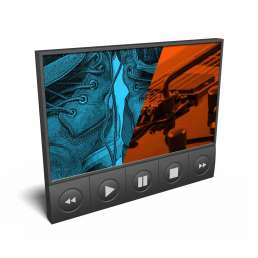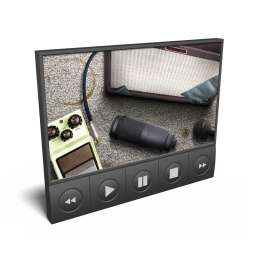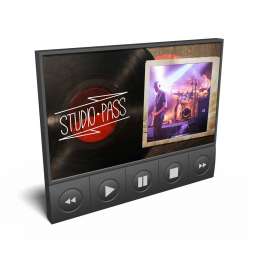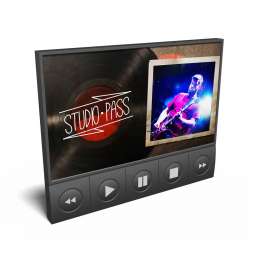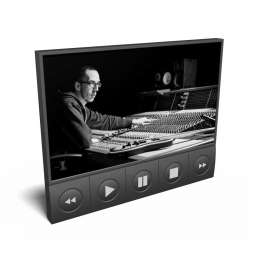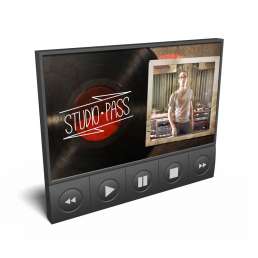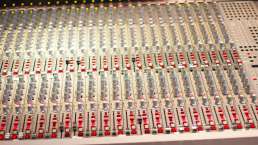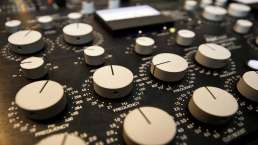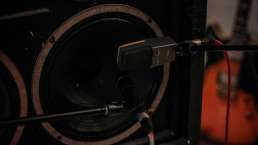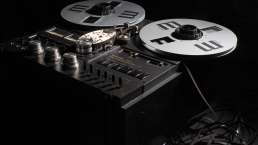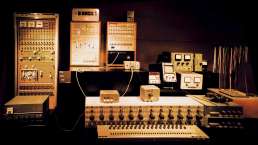You’ve carefully recorded all your instruments with the best possible audio quality and you’ve put in sweat and tears to get the best possible performance – but your tracks still aren’t there yet! What’s the problem? The simple solution might be audio editing. But Is audio editing the magic bullet for instantly good sounding tracks? Certainly not! Nevertheless, it’s good to know what is getting done during audio editing and how it can improve the quality of your tracks.
During audio editing your recording session is getting prepared for mixing. This process includes procedures like cutting out unwanted noises, such as breathing- or scratching-noises, quantizing drums to the tempo-grid, doing crossfades between takes, correcting the tuning in vocaltracks, checking the phase relationship between tracks and much more. Now you’ll propably ask yourself if all those audio editing sis really necessary? As it is often the case in music production, there is no ultimate answer to this question.
How much audio editing a song really needs depends on a varity of factors. One of the most important ones is the recorded performance. If you had, for example, great difficultis in getting a good performance in your recording session your engineer will propably try to get a better result by editing the source material. At this point I have to re-emphasize how important a good performance is for an outstanding end result.
Two other factors, that determine if a track needs audio editing or not, are the musical genre and the listening-expectations of your fans. The listeners of a a technical-death-metal band will certainly expect a heavily edited drum sound whereas the listeners of a blues rock band will definitely not. Likewise, autotune is more expected in a billboard pop song than in a jazz performance. In other words, the necessity of audio editing depends heavily on your knowledge about your target audience and the genre.
Above all, you as an artist can decide if your record is edited after the recording sessions or if all the little imperfections that happended during recording are left the way the are. Every professional audio engineer will respect your decision. If you decide against audio editing he or she will, however, explain the possible downsides of such a decision like, for example, a lack of competitiveness in your genre.
With audio editing, potential problems that could not have been avoided in the recording session can be corrected up to a certain degree. But be aware, that for audio engineers it can be quite a monotonous work to align hundreds of drum hits to the grid or correct songs full of crooked sounding vocals. On the other hand, audio editing that’s done before the mixing session frees cognitive recources for the “creative mixing” process. Also be aware of the pitfalls of audio editing: Always use caution when editing because it happens way to easy to cut all the life out of your recordings.
To sum it up, audio editing is no magic bullet, it doesn’t equally work for all genres, it can harm songs more than it does good and it is, under no circumstance, an excuse to deliver a subpar performance.
If you have other questions about homerecording feel free to browse through all my homerecording posts.
Header image: Chris Hörmann
Relevant products
Similar posts
Mixing audio – What is mixing and can I do it myself?
Thanks to modern technology, almost anyone can produce their music at home - even with a low-budget…
What is mastering and do I really need to master my tracks?
Nowadays songs get mixed on headphones, music is consumed via cellphone speakers but also played on…
Things you should know before recording in a studio
Even nowadays, one of the main goals of many bands is to record their music in a professional…
Music production history – The 5 most important eras
Music production history and the path to our modern way of recording is characterized by many…
The 4 main music production disciplines explained
For people who are getting started with music, production terms like mixing, mastering, recording,…
What is a pre-production and do I need it for my record?
The pre-production is the one part in music production that many musicians do not know much about.…
